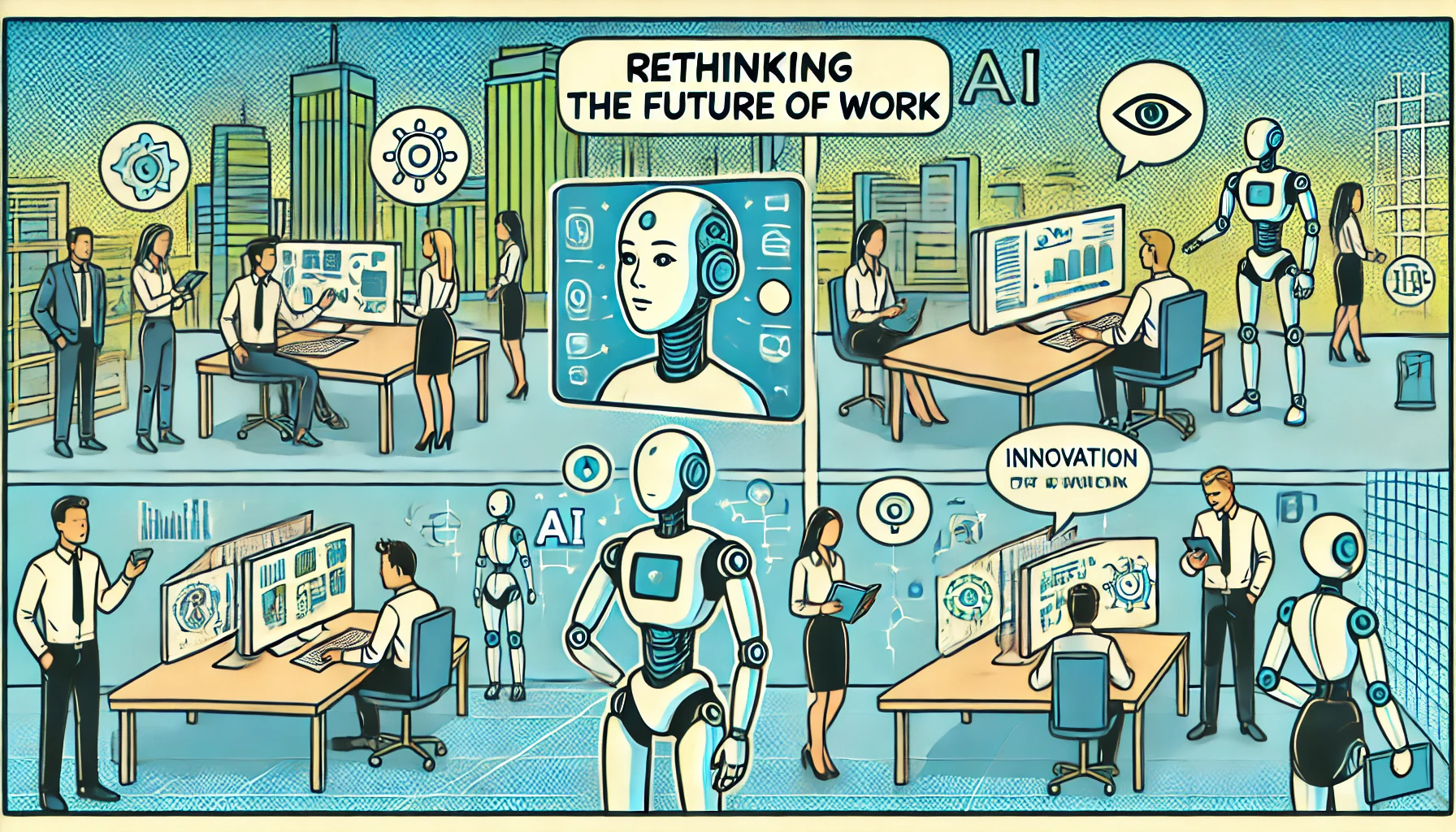In today's rapidly evolving digital landscape, mastering essential digital skills has become a necessity for individuals across various disciplines, roles, and professions. The Digital Awareness Training Programme is a comprehensive, interactive, and engaging course designed to empower participants with the knowledge and skills needed to navigate the digital world confidently, safely, and effectively. By attending this programme, delegates will unlock a wealth of opportunities in their personal and professional lives.
The programme covers a wide range of topics, including device identification and usage habits, online security, internet navigation, document creation and management, online collaboration tools, and digital communication etiquette. By focusing on the most relevant and in-demand digital skills, this training equips participants with the practical tools and know-how they need to thrive in an increasingly digital society.
One of the key selling points of this programme is its broad applicability, catering to students, job seekers, entrepreneurs, professionals, and seniors alike. Whether one is seeking to improve their digital competency for academic success, job prospects, or simply to stay connected in an ever-changing world, this course offers valuable insights and hands-on experience.
The training not only focuses on the technical aspects of digital literacy but also highlights the importance of online safety, privacy, and maintaining a positive digital footprint. In a world where cyber threats and privacy concerns are on the rise, these skills are crucial for protecting personal information and ensuring responsible online interactions.
Furthermore, the programme encourages participants to think critically about online information, develop digital collaboration skills, and learn how to create and share content effectively. These skills are indispensable in an era where remote work, e-commerce, and online communication are becoming the norm.
In conclusion, the Digital Awareness Training Programme is a comprehensive, practical, and engaging learning experience that equips individuals with the essential skills needed to excel in the modern digital world. By attending this course, participants from diverse backgrounds and professions will enhance their digital literacy, improve their online safety, and unlock new opportunities for personal and professional growth. Invest in your digital future today and embark on a transformative journey with our Digital Awareness Training Programme.
- Identify different devices, their functions, and adopt healthy usage habits
- Implement strong password policies and manage online accounts securely
- Navigate the internet, perform efficient online searches, and evaluate online information
- Create, edit, and manage documents using word processing applications and organize files effectively
- Utilize various applications and services for online content creation, sharing, and collaboration
- Communicate respectfully and responsibly online while maintaining a positive digital footprint
- Protect personal information, implement privacy measures, and recognize online threats






- Identifying different devices and their functions
- The impact of excessive device use on health and well-being
- Strategies to reduce device use
- Environmentally friendly technology usage
- Good password policies
- Proper routines to log off, shut down, and restart devices
- Creating and managing online accounts securely
- Data synchronization and protecting personal information
- Understanding operating systems and common examples
- Identifying different application types and their functions
- Application licensing models and accessing applications
- Connecting to wireless networks and understanding risks
- Web browsers and their functionalities
- Using search engines effectively and efficiently
- Evaluating and comparing online information
- Creating, editing, and managing documents with word processing applications
- Text and image manipulation within documents
- Organizing files and folders effectively
- Utilizing applications and services for content creation and sharing
- Copyright and intellectual property considerations
- Advanced research skills for finding useful information
- Connecting devices and peripherals
- Printing documents
- Installing, updating, and uninstalling applications
- Protecting devices and personal data
- Respecting online communication and addressing potential risks
- Understanding identity theft and methods to prevent it
- Managing social networking account settings for privacy and safety
- Building a positive digital footprint and digital identity
- Utilizing online collaboration tools and platforms
- Participating in online meetings and webinars
- Communicating effectively through email, instant messaging, and video calls
- Understanding the principles of digital etiquette
- Practicing respectful and appropriate online communication
- Handling disagreements and conflicts in online spaces
- Understanding privacy policies and terms of service
- Implementing multi-factor authentication for added security
- Recognizing and avoiding online scams and phishing attacks
- Introduction to cloud storage services
- Uploading, downloading, and managing files in the cloud
- Importance of regular data backups and recovery options
- Understanding the basics of coding and programming languages
- Introduction to web design and creating simple websites
- Utilizing online resources and tools for learning to code
- Developing a social media strategy
- Creating engaging content for various social media platforms
- Analyzing social media metrics and adjusting strategies accordingly
- Understanding digital accessibility and its importance
- Implementing accessibility features on devices and websites
- Promoting inclusive design and content creation












Training can take place in 4 formats:
- Self-paced
- Blended learning
- Instructor-led online (webinar)
- Instructor-led offline (classroom)
Description of training formats:
- Self-paced learning or e-Learning means you can learn in your own time and control the amount of material to consume. There is no need to complete the assignments and take the courses at the same time as other learners.
- Blended learning or "hybrid learning" means you can combine Self-paced learning or e-Learning with traditional instructor-led classroom or webinar activities. This approach requires physical presence of both teacher and student in physical or virtual (webinars) classrooms or workshops. Webinar is a seminar or presentation that takes place on the internet, allowing participants in different locations to see and hear the presenter, ask questions, and sometimes answer polls.
- Instructor-led training, or ILT, means that the learning can be delivered in a lecture or classroom format, as an interactive workshop, as a demonstration under the supervision and control of qualified trainer or instructor with the opportunity for learners to practice, or even virtually, using video-conferencing tools.
When forming groups of students, special attention is paid to important criteria - the same level of knowledge and interests among all students of the course, in order to maintain stable group dynamics during training.
Group dynamics is the development of a group in time, which is caused by the interaction of participants with each other and external influence on the group. In other words, these are the stages that the training group goes through in the process of communicating with the coach and among themselves.
The optimal group size for different types of training:
- Self-paced / E-learning: 1
- Instructor-led off-line (classroom): 6 – 12
- Instructor-led on-line (webinar): 6 – 12
- Blended learning: 6 – 12
- Workshop: 6 – 12
- On-the-job: 2 – 4
- Simulator: 1 – 2
Feedback in the form of assessments and recommendations is given to students during the course of training with the participation of an instructor and is saved in the course card and student profile.
In order to control the quality of the services provided, students can evaluate the quality and training programme. Forms of assessment of the quality of training differ for courses with the participation of an instructor and those that are held in a self-paced format.
For courses with an instructor, start and end dates are indicated. At the same time, it is important to pay attention to the deadlines for passing tests, exams and practical tasks. If the specified deadlines are missed, the student may not be allowed to complete the entire course programme.
A personal account is a space for storing your training preferences, test and exam results, grades on completed training, as well as your individual plan for professional and personal development.
Users of the personal account have access to articles and blogs in specialized areas, as well as the ability to rate the completed training and leave comments under the articles and blogs of our instructors and technical authors
Registered users of a personal account can have various roles, including the role of a student, instructor or content developer. However, for all roles, except for the student role, you will need to go through an additional verification procedure to confirm your qualifications.
Based on the results of training, students are issued a certificate of training. All training certificates fall into three main categories:
- Certificate of Attendance - students who successfully completed the course but did not pass the tests and exams can apply for a certificate of attendance.
- Certificate of Completion - students who have successfully completed a course could apply for a Certificate of Completion, this type of certificate is often required for compliance training.
- Verified Certificate - it is a verified certificate that is issued when students have passed exams under the supervision of a dedicated proctor.
You can always download a copy of your training certificate in PDF format in your personal account.
You will still have access to the course after completing it, provided that your account is active and not compromised and Tecedu is still licensed for the course. So if you want to review specific content in the course after completing it, or do it all over again, you can easily do so. In rare cases, instructors may remove their courses from the Tecedu marketplace, or we may need to remove a course from the platform for legal reasons.
During the training, you may encounter various forms of testing and knowledge testing. The most common assessment methods are:
- preliminary (base-line assessment) - to determine the current level of knowledge and adapt the personal curriculum
- intermediate - to check the progress of learning
- final - to complete training and final assessment of knowledge and skills, can be in the form of a project, testing or practical exam
Travel to the place of full-time training is not included in the cost of training. Accommodation during full-time studies can be included in the full board tuition fees.
While Tecedu is not an accredited institution, we offer skills-based courses taught by real experts in their field, and every approved, paid course features a certificate of completion or attendance to document your accomplishment.
You can preview samples of the training materials and review key information about the course on our website. You can also review feedback and recommendations from students who already completed this course.
We want you to be happy, so almost all purchased courses can be returned within 30 days. If you are not satisfied with the course, you can request a refund, provided the request complies with our return policy.
The 30-day money back policy allows students to receive quality teaching services with minimal risk, we must also protect our teachers from fraud and provide them with a reasonable payment schedule. Payments are sent to instructors after 30 days, so we will not process refund requests received after the refund period.
We reserve the right, in our sole discretion, to limit or deny refund requests in cases where we believe there is refund abuse, including but not limited to the following:
- A significant portion of the course has been consumed or downloaded by a student before the refund was requested.
- Multiple refunds have been requested by a student for the same course.
- Excessive refunds have been requested by a student.
- Users whose account is blocked or access to courses is disabled due to violation of our Terms and Conditions or the Rules of Trust and Security.
- We do not grant refunds for any subscription services.
- These refund restrictions will be enforced to the extent permitted by applicable law.
We accept most international credit and debit cards like Visa, MasterCard, American Express, JCB and Discover. Bank Transfers also may be an option.
Conducting classes is based on the fact that the teacher demonstrates text, drawings, graphics, presentations on an interactive board, while the content appears in the student's electronic notebook. A specially designed digital notepad and pen are used to create and edit text and images that can be redirected to any surface via a projector.
Classes are live streamed online, automatically recorded and published on the Learning Portal, allowing you to save them for reuse anytime, anywhere, on any mobile device. This makes it possible not to miss classes and keep up with classes and keep up with the passage of new material.
Real-life training uses the principles of game organization, which allows future professionals to rehearse and hone their skills in a virtual emergency. Learning as a game provides an opportunity to establish a connection between the learning activity and real life.
The technology provides the following learning opportunities:
- Focused on the needs of the user
- Instant feedback
- Independent decision making and choice of actions
- Better assimilation and memorization of the material
- Adaptive pace of learning tailored to the individual needs of the student
- Better transfer of skills learned in a learning situation to real conditions
Basic principles of training:
- A gradual increase in the level of difficulty in the game;
- Using a simplified version of a problem situation;
- Action in a variable gaming environment;
- The right choice is made through experimentation.
The main advantages of Game Based Learning technology:
- Low degree of physical risk and liability
- Motivation to learn while receiving positive emotions from the process;
- Practice - mirroring the real situation
- Timely feedback
- Choice of different playing roles
- Learning in collaboration
- Developing your own behavior strategy
Conducting practical classes online using remote access technologies for presentations, multimedia solutions and virtual reality:
- Laboratory workshops that simulate the operation of expensive bench equipment in real production
- Virtual experiment, which is visually indistinguishable from a remote real experiment performed
- Virtual instruments, which are an exact copy of real instruments
- Mathematical modeling to clarify the physical characteristics, chemical content of the investigated object or phenomenon.

















